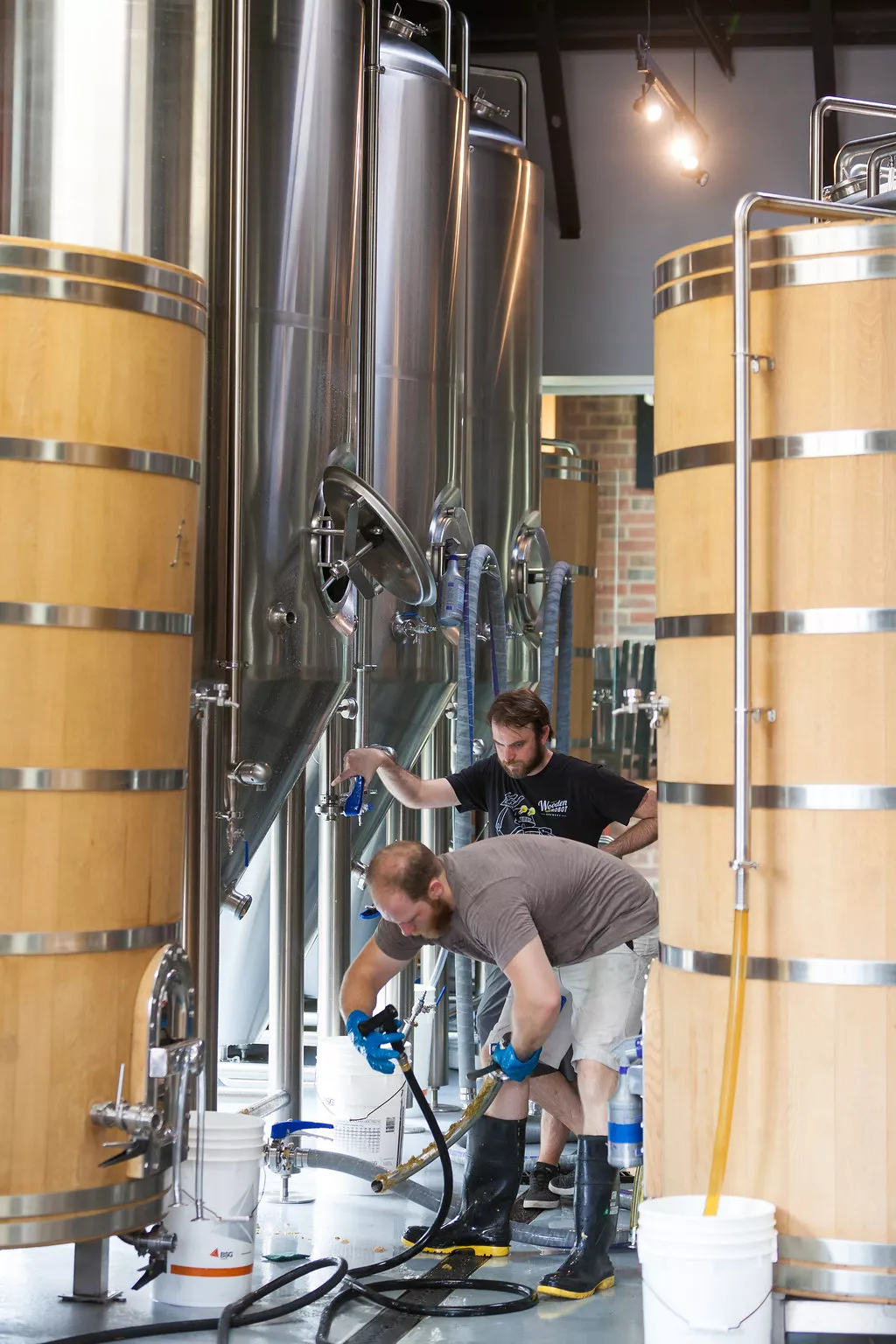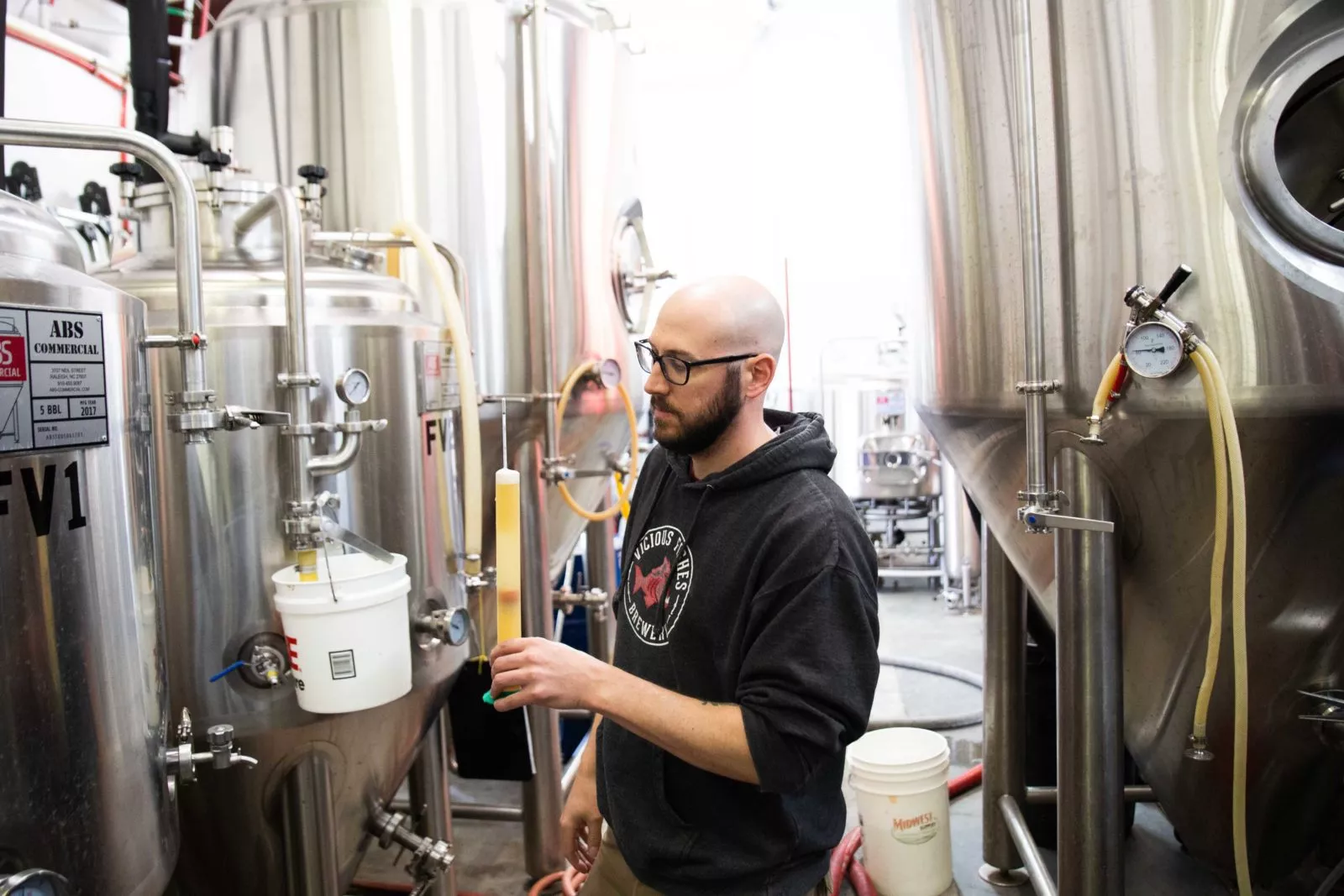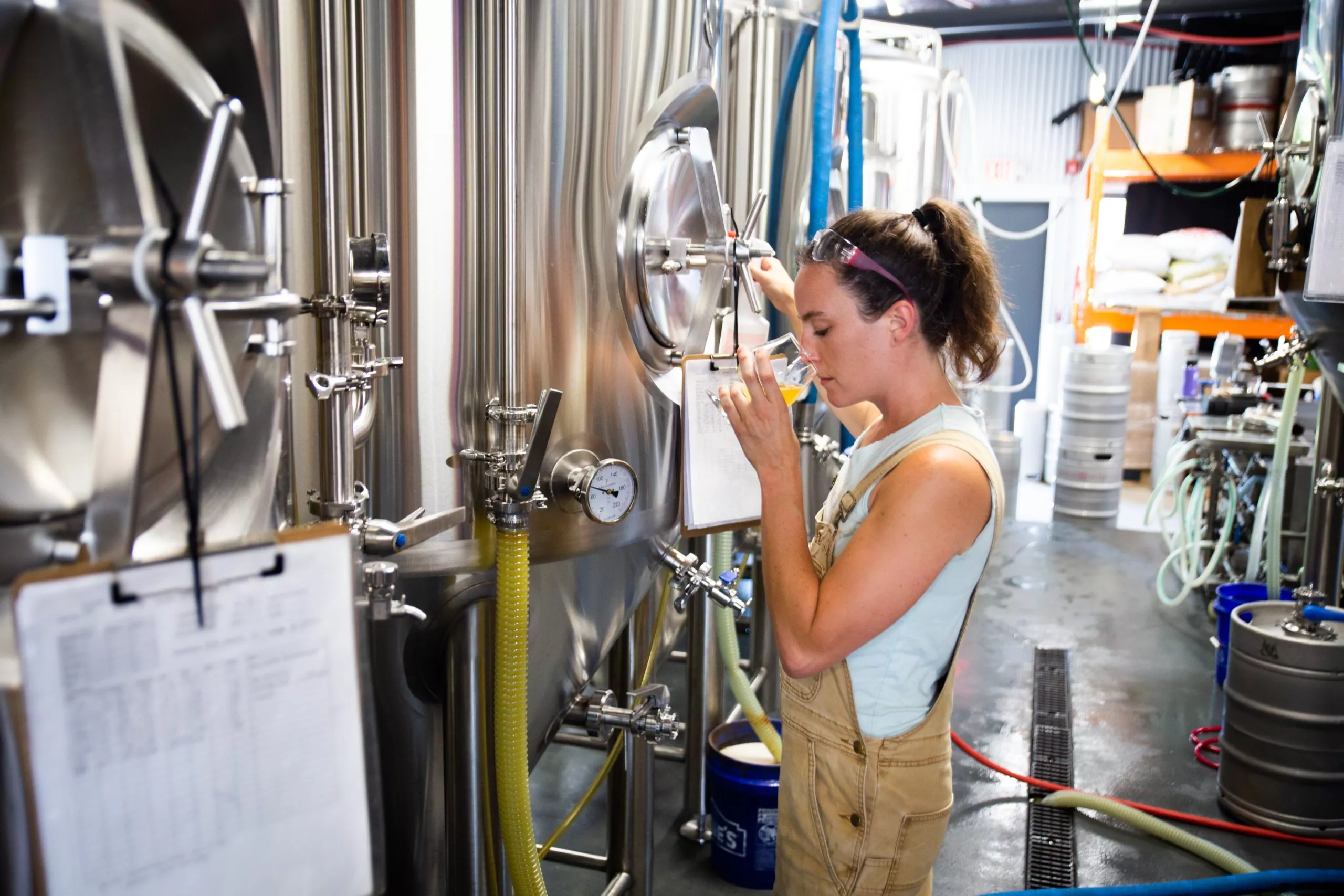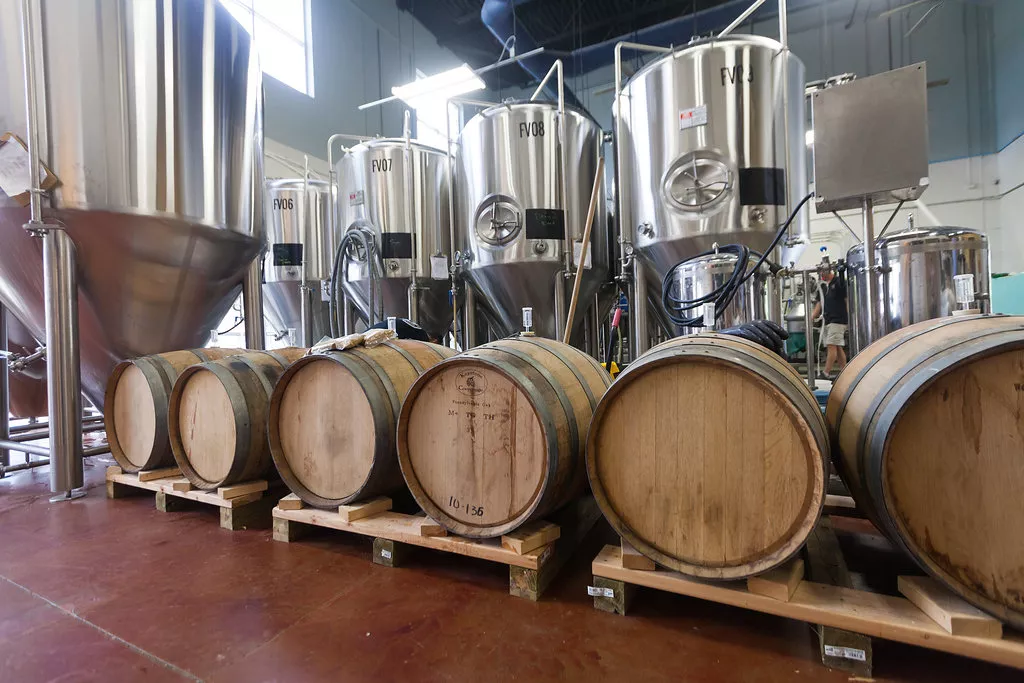If there’s one thing all craft brewers can agree on, it’s that water is undoubtedly one of the most important ingredients in any beer. Although other ingredients of brewing methods play a large role in a brewery’s end product, water continues to play a major role in the brewery industry. In fact, beer is typically composed of anywhere from 90 to 95% water, which is why any fluctuations in water can affect the taste of the beer.
When you look around the world at the established brewing regions, you’ll notice that they often develop around areas with plentiful freshwater availability. Assuming your brewery has access to a good water supply, you may not need to be as concerned about the water you’re using for your brewing process. You’re likely focused on other things, like streamlining your operations and crafting consistently great brews.
However, breweries that are in the process of moving their production facilities to a new location—or those who travel from place to place, collaborating on smaller batches with a variety of other breweries—may need to consider the impact a change in water will have on your brews. This is especially true for breweries with flagship beers that people have grown to love for their signature flavor. A new water source that hasn’t been properly tested and tweaked to match previous batches can affect your entire lineup!
Here’s how water — including its source, mineral composition, and pH levels — can deeply affect the taste of your final product.
How Water Affects Beer

Fresh water affects beer, spirits, and even ciders in a variety of ways, but there are two important elements in water that will really affect the taste of your beverage: mineral composition and pH.
Mineral Composition
Depending on the water’s hardness (a term indicating the measurement of the total levels of dissolved calcium and magnesium) and its mineral composition, these factors can greatly affect the fermentation process and determine the flavor profile of your beer. Calcium and magnesium can give off a strong, hoppy flavor, while chloride offers a rich mouthfeel. Sulfates, sodium, and carbonates all affect the fermentation taste — so depending on the levels of each of these minerals, there could be fluctuations in the beer’s flavor characteristics throughout the entire brewing process.
While the mineral composition of a beer can greatly enhance its taste, there is the potential to overdo it, leaving behind a strong, overpowering flavor.
pH Levels
pH also plays an important role as it directly impacts the perceived bitterness of the beer and is critical to ensure the enzymatic action occurs during the mashing process. Since the enzyme requires an acidic environment to convert the grain starches into fermentable sugars, lower pH levels will help to promote a healthier fermentation process for the wort.
Epsom salts, gypsum, and baking soda can help balance the pH levels of the brewing water and stabilize them during the mashing process.
Importance of Establishing Normal pH Values
Once you establish the normal pH values for your recipes and brewing procedures, your team will be able to quickly detect any odd-ball values that occur in the brewing process, which will alert you to larger issues early on. You’ll also gain better control of the end products your brewery is producing and can work strategically to experiment with new flavors and types of beer over time.
What’s the Best Water for Brewing?
First things first, the water used in the brewing process must be drinkable. But it’s also important to consider the advantages and drawbacks of different sources of water.
Municipal Water Sources
Most municipal water sources have been treated with chlorine or chloramines to kill any bacteria that may crop up during the trip from the treatment plant to your brewery, but these additions could react poorly with the yeast later on.
Well or Surface Water
Unfortunately, both well and surface water are known to contain many metallic ions, such as iron, which can often add an unpleasant metallic taste to the end product.
Homebrewers Can Use Store-Bought Water
If you’re a homebrewer, you may opt to use store-bought water because it is typically the most consistent water type you’re likely to find. However, regardless of which type of water source you decide to use, you’ll still need to measure and potentially alter the pH levels of the brewing water prior to using it.
Filtering Solutions to Consider

Brewers choose various ways to filter their brewing water, but this article will discuss the three most common ones.
Reverse Osmosis
Reverse osmosis uses a porous membrane that only allows water molecules to pass, however, only about 75% of the water entering the filter can be filtered before the mineral concentration becomes too high. This leads to a somewhat expensive and wasteful solution, but an extremely effective one.
Particle Filtration
Particle filtration is when sheets or cartridges are used to trap larger particles while allowing the remaining water to pass through.
Carbon Filtration
Carbon filtration is often used in addition to particle filtration and is ideal for removing chlorine and other minerals from municipal water sources.
Each of these solutions allows brewers to take the brewing water down to the base and build it up with any mineral mix to achieve the desired flavor profile.
Opening the Door to New Beer Styles No Matter the Location
Historically, beer styles were created based on the availability of water in a given region. For example, the Czech Republic has become known for its signature pilsners, which are made with the country’s soft water or water without a high concentration of ions.
But now science allows brewers to change the pH levels of the water source used in a given facility, allowing them to produce a wide variety of beer styles! Pure water establishes consistency across batches that can mimic the water quality of many different famed beer regions, opening the door for experimentation and exciting new discoveries.
Craft brewers have a lot to manage. From sales and distribution to TTB reporting and tracking assets, there never seems to be enough time. Fortunately, technology is helping streamline operations so brewers can have the time to better understand and employ filtration methods like reverse osmosis and particle or carbon filtration. While water is only a single part of the brewing process, ensuring you are using the best water possible will give you new ways to express creativity and provide extensive control over the taste and ability to innovate in the brewing process. Ready to manage every area of your business in one system? Book an Ekos demo today.



